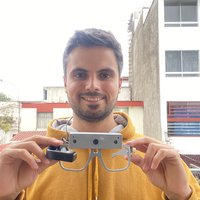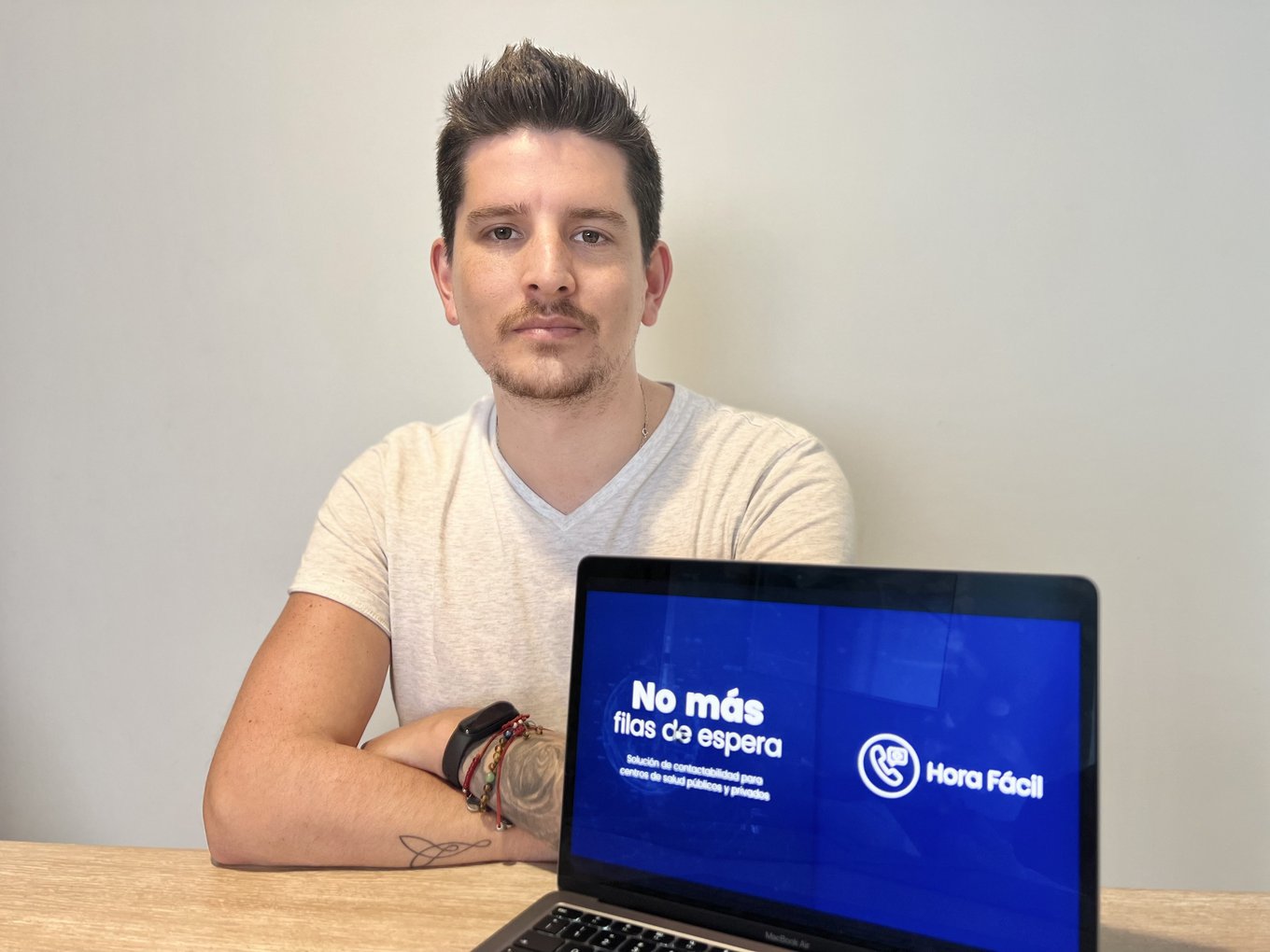Getting medical appointments
often involves queuing up in person to request them. These queues are often
made by elderly and vulnerable people at ungodly hours and sometimes in bad weather conditions. The COVID-19 pandemic was a further obstacle and risk
to obtaining health care. The greater the need for care, the greater the cost
in time to get it. Queues are unequal because the public sector is more prone
to waiting than private healthcare.
The young Chilean commercial engineer Felipe Elgueta became aware of this problem when he experienced it firsthand. Thus, he decided to create Hora Fácil, a product of his start-up Elipse Inteligencia Artificial that allows patients to schedule a medical appointment remotely with an audiobot. For this initiative, Elgueta has been selected by MIT Technology Review in Spanish among the winners of Innovators under 35 Latin America 2022.
Elgueta's development addresses the shortage of appointments in public health. The creator details, "Of every 100 people who need an appointment, only 50 get one. This deficit forces us to have an efficient allocation system. Many people have to go in person to a public health center, generating waiting lines, often at dawn or early in the morning. These are mainly elderly people with reduced mobility."
Hora Fácil adapts to the public less accustomed to technology and provides an automated call center that assigns appointments by phone remotely thanks to artificial intelligence. It works like a telephone assistant. It also facilitates scheduling by WhatsApp, mobile app, and web. The system improves communication between the health center and the patient and reduces the percentage of people who do not show up for their appointment.
Another great benefit of the app is that it tracks patients. The robot communicated with COVID-19 patients during the pandemic to learn about their symptoms. The machine called thousands of patients per hour in a context of healthcare systems overwhelmed by the coronavirus. For those who felt unwell, a human contacted them in a more personalized way.
Elgueta's innovation is already deployed in more than 20% of Chile's healthcare centers. It is also present in Peru and Colombia. Elgueta's plans are to expand throughout the rest of Latin America and Spain to save the hassle of leaving home to get healthcare personnel to attend to them when they need it most and to provide automated follow-up.




